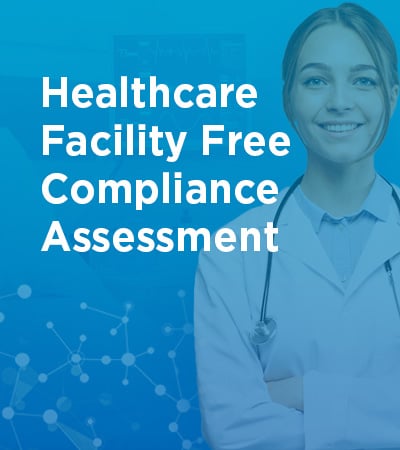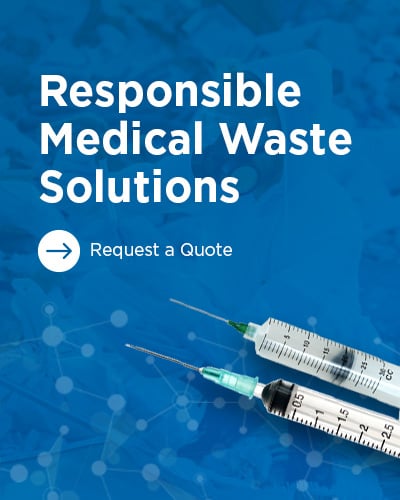
The veterinary industry is growing rapidly as improvements in technology, foods, and treatments are extending the lives of our precious pets. This complied in an increase in pet-related spending related to improving pet care continues to grow the demand for more services and more veterinary facilities nationwide. The American Animal Hospital Association (AAHA) recently posted an article, “And you thought we don’t have enough vets now…” which states:
- Pet care appointments increased by 6.5%
- US consumer-based pet healthcare spending will increase by over 30% by 2030.
- 2,600 new veterinarians graduate every year, but this hardly keeps up with demand.
As demand increases and business booms for these veterinary clinics, there are more and more regulatory challenges that present problems for these up-and-coming clinics. Increasing costs related to medical waste disposal for animal clinics, cremation services, and hazardous waste disposal for veterinarians present real challenges.
Crematory companies used for medical waste disposal

At PureWay, we work with thousands of veterinary facilities, and recently there has been a growing trend of crematory facilities no longer accepting medical waste. In researching this issue further it is clear that most veterinary facilities that do use crematory companies to dispose of pets that have passed respectfully are also being offered a service that quite often gets mistaken as a tradition when unfortunately, could be exposing veterinarians to the risk of non-compliance.
Crematory companies provide a much-needed service and give pet owners and veterinarians a respectful way to cherish and keep a part of their pets safely and respectfully. This includes using a small-volume incinerator to turn animal remains into ash.
In healthcare, there are similar services that use, like machines for the disposal of sharps containers, syringes, and other forms of medical waste, which medical waste disposal facilities permit. In most states, a medical waste generator (person or facility that creates waste while providing care to an animal or human) is required to dispose of all hazardous waste, including sharps, sharps containers, medical waste, hazardous waste pharmaceuticals, and other items not allowed to be placed in the regular trash. This process is tracked through a manifest that documents the generator’s obligations, the date the waste was transferred to a disposal company, and the date the waste was properly destroyed. This document captures the final treatment facility and medical waste permit number, which the generator must maintain in records for up to 5 years, depending on the state requirements.
The challenges for any animal hospital or veterinary clinic is that most crematories do not provide a medical waste manifest, and they are not permitted for medical waste disposal. This situation exposes a facility to massive liability and could lead to fines due to incorrectly managing hazardous medical waste.
PureWay Compliance is safe and will keep you compliant.
 PureWay has provided safe and affordable medical waste disposal and sharps container disposal for thousands of veterinary facilities that previously used crematory companies to dispose of their waste. In most cases, crematory facilities simply stopped providing services when they realized the risks associated with the process. Other veterinary facilities simply did their homework to better understand their requirements as medical waste generators.
PureWay has provided safe and affordable medical waste disposal and sharps container disposal for thousands of veterinary facilities that previously used crematory companies to dispose of their waste. In most cases, crematory facilities simply stopped providing services when they realized the risks associated with the process. Other veterinary facilities simply did their homework to better understand their requirements as medical waste generators.
Whichever the case, it is strongly recommended that any facility that uses a crematory request a medical waste manifest and a copy of a medical waste permit. In the event, that the crematory cannot provide this information or simply is not permitted, it’s best to limit your liability and sign on with a permitted and licensed service like PureWay to safely dispose of your veterinary sharps waste and medical waste per your state requirements.
For more resources, please visit PureWay’s resource page





